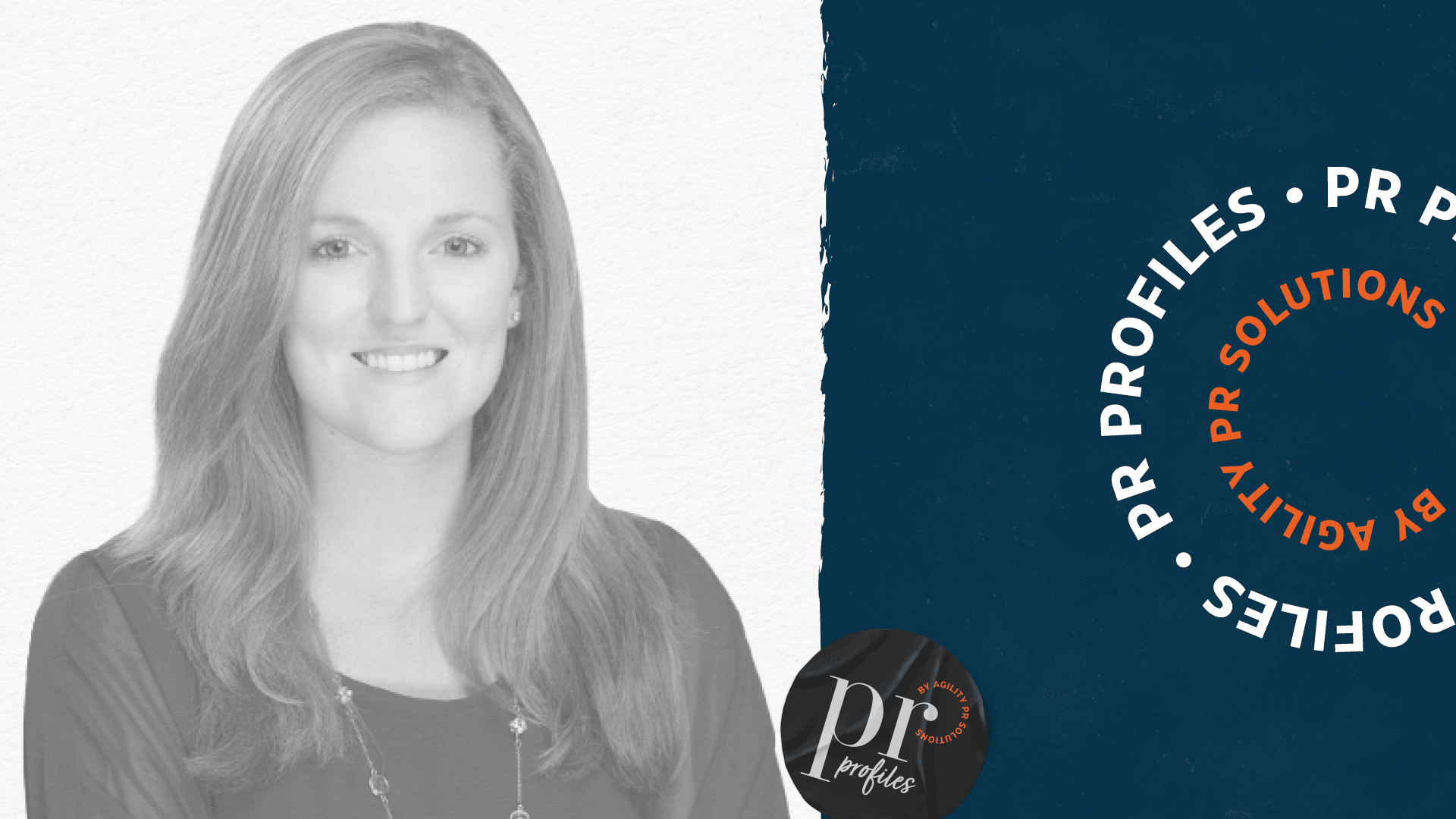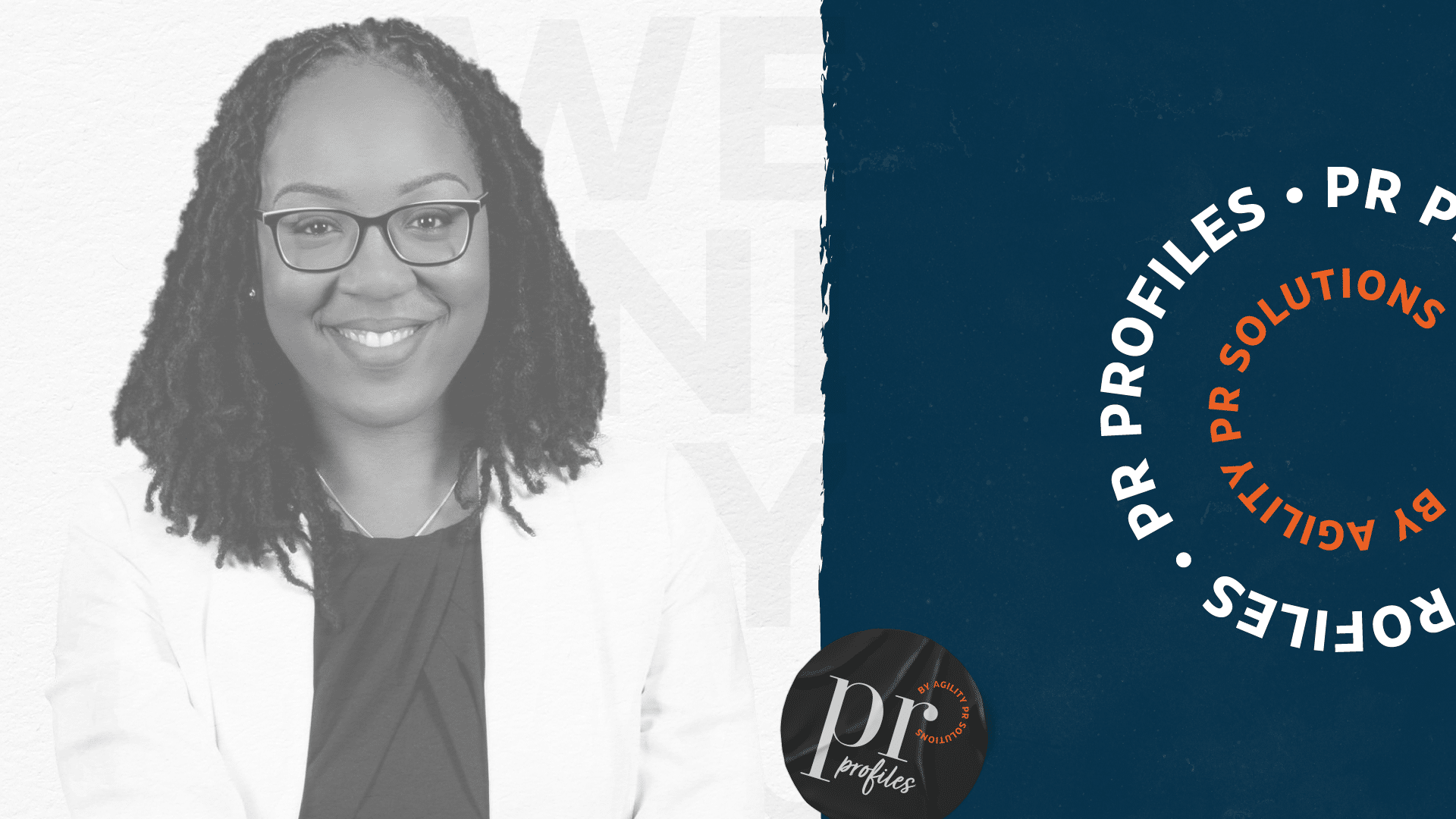Small businesses typically operate within limited budgets, resources, and time. This means that activities that don’t have a direct link to revenue—such as public relations—often get relegated to the back burner.
As a small business owner, you might be wondering if you really need a PR strategy. Deciding whether a PR campaign is a priority for your small business depends on several things, such as your current budget, the stage of growth your business is in, and even your industry.
Still, investing in public relations is a great way to get people to know about your brand and build trust with your target audience, especially if you’re new. It also complements your marketing efforts: studies show that PR is 90% more effective than direct advertising.
The question is, how do you build an effective PR campaign? In this article, we’ll explain why you need a PR campaign for your small business and how to put one together.
Why is PR important for your small business?
While it may not always contribute directly to sales, a good PR strategy can have numerous benefits for your small business. Here are a few ways PR can help your small business grow and succeed:
- Brings positive media attention: A good PR campaign can get your brand featured in the media, which in turn helps introduce your brand to thousands or millions of potential customers.
- Generates new leads: In addition to creating awareness about your brand, being featured in the media puts your products in front of people who might actually be looking for such solutions and turn them into leads.
- Builds trust and credibility: Getting a well-known media brand to cover your business and products makes your brand come across as trustworthy and credible. The idea behind this is simple: top media brands have to thoroughly vet anything they publish. Therefore, if your brand made the cut, the audience will consider you a credible organization.
- Builds website traffic and boosts your SEO efforts: When an online media brand mentions your business, they’ll sometimes link to your website, thus increasing your traffic. Additionally, the high-quality backlinks from these media sites boost your SEO and lead to higher search rankings.
How to create a PR campaign for your small business
Now that you understand the importance of a PR campaign for your small business, let’s look at five strategies to help you create one.
1. Define your goals
The first step to creating an effective PR campaign is to define what you want to accomplish from the campaign. Are you trying to build brand awareness? Do you want to attract attention and gain earned media? Are you trying to recover from a public-facing mistake?
Defining your overarching objectives will determine the strategy for your campaign. For instance, if you’re trying to recover from a public mistake, you’ll need a different approach compared to when you’re trying to attract media attention.
2. Know your audience
The second step to developing a great PR campaign is to think about your target audience. For your PR messaging to be effective, it has to be relevant to a specific target audience. For instance, a small fashion brand that targets business executives will use different messaging than one that targets teenage boys. They all sell fashion items, but each must tailor their messaging to their target audience.
The best way to know your audience is to conduct market research and develop detailed audience personas. These personas should describe everything there’s to know about your target audience—demographics, personality, goals and motivations, pain points, common objections, and so on.
3. Brainstorm ideas
Now that you know what you want to achieve and who you are targeting, it’s now time to brainstorm ideas for your PR campaign. Think about the tactics you will use, such as sending out press releases, sponsoring or participating in local community events, collaborating with influencers, holding media events, and so on.
This is also the part where you come up with ideas on the channels you will use for your campaign, such as social media, your own website, third-party media platforms, and so on.
4. Research the market
Before crafting your PR story, it’s always advisable to do some research to gather market intelligence. Research current industry trends in the market, find out what your target customers are interested in, and look at what your competitors are doing.
The key thing at this point is to avoid relying on assumptions. For instance, if you’re offering Net-30 accounts, you might assume that your customers want larger amounts of credit. However, after researching the market, you might discover that allowing customers to have an extra 30 days to pay is the current market trend.
Insights gained from this research will help you optimize your brand storytelling and craft a compelling message that fits in with ongoing industry trends and resonates with your target audience. It’s also easier to stand out from the competition when you understand what they are doing.
5. Track and measure results
Many small businesses often assume that a PR campaign stops at the execution stage. However, it’s impossible to tell if your campaign was successful or not if you don’t measure your results.
Once you’ve implemented the campaign, go back to your initial goals and determine whether you’ve achieved them.
For instance, if your goal is to increase brand awareness, you can measure your results by conducting customer surveys, checking your branded search volume, checking for changes in website traffic, engaging in social listening and media monitoring, tracking your social media engagements, and so on. Tracking these metrics will give you insights into how to optimize the campaign and how to improve future campaigns to ensure success.
Conclusion
As a small business owner, you don’t have to wait until your business is big before investing in PR. Doing so means you’ll only be playing catch-up. Instead, you need to create a PR strategy right from the start and keep tweaking it as your business grows.
Fortunately, you don’t even need to hire an expensive PR agency to get started. Simply use the five strategies we’ve shared here to create and execute wildly-successful public relations campaigns for your small business.









